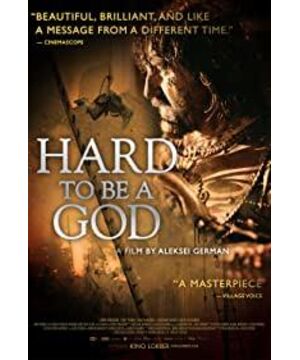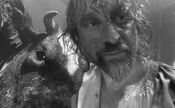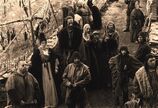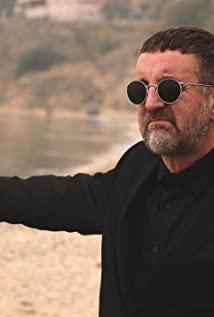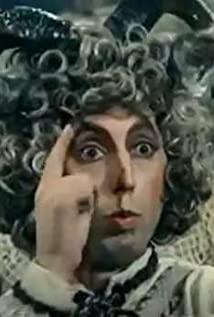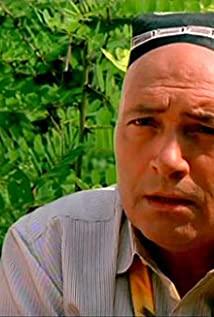Based on the science fiction novel of the same name by the Strugatsky brothers, the film mirrors the sad experiences of intellectuals in the political atmosphere of Soviet horror through a distant alien planet. In the novel, don Rumata comes from the earth. He is an observer on a planet that is in the "Renaissance of the Middle Ages" and pays attention to the progress of historical civilization. He should have been a bystander, unable to accept the brutal persecution of intellectuals and artists by the ruler don Reba, and devoted himself to saving the most learned Budah. In the end, don Rumata killed don Reba, washed the entire kingdom with blood, and left the planet. However, Germanic deliberately deleted all the dramatic points in the story, thereby weakening the background of the story, weakening the characterization, and even the narrative logic. "God is hard" should be a proposition discussed by don Rumata and Budah "If God can fulfill one of your wishes, how would you choose?" However, every wish has a corresponding price, and the best choice is for God to do a Bystanders, and bystanders can't stand the cruelty and suffering. In the film, this difficulty has become a human and moral dilemma, as how God brutally ends another kind of brutality. Similarly, Germanic's narrative method of de-logic, narrative and framework makes the behavior of the characters lack a clear and clear motivation, making everything seem vague and meaningless. This lack of meaning and purpose in historical development places social evolution in a purely accidental process. The strong intervention of don Rumata, in order to preserve the planet's last civilization, the critical period that should have been "revival of culture" turned into a massacre of extinction.
In addition to Germanic's peculiar narrative structure, which perfectly complements the main theme of the film, Germanic's peculiar lens language also gives the audience an unprecedented viewing experience. Today, the fluidity of the camera movement and the harmony within the camera are emphasized. "God Is Difficult" is the opposite. Germanic attempts to restore a muddy and dilapidated medieval scene full of abstraction. The crowded and irregular picture, with characters entering and leaving the camera at will, deepens the rambling of the narrative. Germanic goes against the narrative nature of the shots emphasized in narrative films. He does not speed up the narrative rhythm or expand the character's point of view through editing, nor does he use long shots to render emotion and poetry. His long shot is closer to a documentary, trying to simulate the perspective of God to observe various events happening around the characters. At the same time, he enters the lens through the often juggling characters, and once again reverses the lens. recordability. As a result, Germanic reaches the first level of attempts to violate traditional logic through counter-narratives, the second level of attempts to violate traditional aesthetics through counter-pictures, and the third level of attempts to violate traditional records through counter-records. After reaching anti-narrative, anti-documentary, anti-aesthetics, the three important elements of the film, Germanman has created a more peculiar aesthetic experience.
View more about Hard to Be a God reviews


